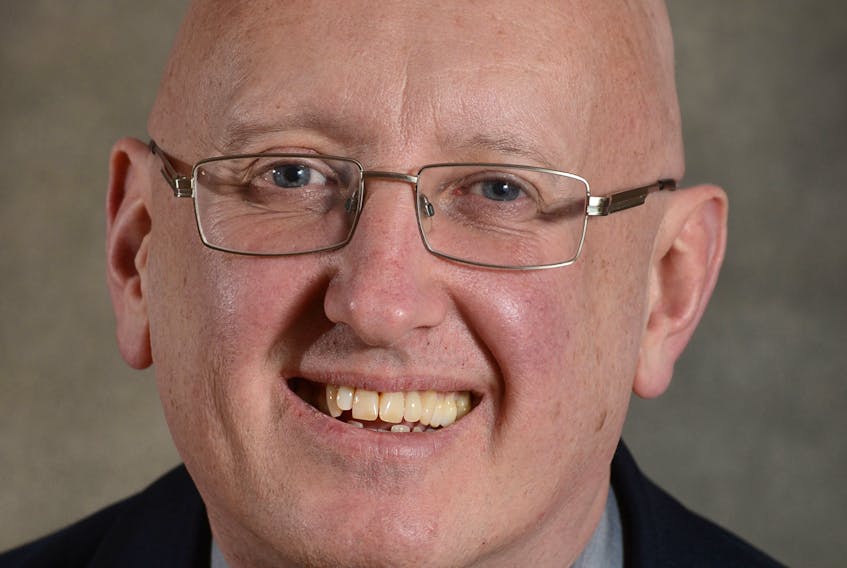Like it or not the COVID-19 pandemic is giving us all a lesson in constitutional law and politics. And that lesson is that when governments are absolutely necessary to the preservation of the social, economic, cultural and political order, the power of the state is monumental – omnipresent and omnipotent.
This is a fact long known to political philosophers. In 1771, the Swiss political theorist Jean-Louis de Lolme, in writing about the English constitution, famously wrote “Parliament can do everything but make a woman a man and a man a woman.” Modern medical science has even done away with this lone exception to hypothetical governmental powers.
So, in times of emergencies, governments have vast and fearful powers. The power to make war, to compel mandatory conscription into the military or other vital occupations, to suspend civil liberties, to jail and punish those deemed a threat to national security, to nationalize economies, to compel the private sector to produce goods and services required by the state, to restrict the movements and freedoms of ordinary citizens, and to defend borders.
We are just now beginning to observe the advent of such emergency powers in Canada as governments seek to contain the spread of the coronavirus. We have seen the shuttering of schools, universities and colleges, restaurants, bars, theatres, gyms, places of worship and community centres. The closing of borders to non-essential travel, the restriction, if not prohibition, of international flights. And the compulsion of people to self-isolate for 14 days if they have recently been abroad or, increasingly now, if they have travelled across provincial borders.
And the powers of the state do not end here. Power is also found in money. As the private sector globally is facing an economic cataclysm not witnessed since the Great Depression of the 1930s, we are seeing governments moving to pump gargantuan amounts of public monies into the economy to provide individuals with necessary and immediate financial support in these troubled times while also propping up private sector firms from Mom and Pop corner stores to the likes of oil companies, airlines, automakers and consumer goods producers all suffering from a collapse in consumer demand.
The amount of money governments are planning to spend is staggering. The Government of Canada has announced $82 billion in emergency support geared to income supports, wage subsidies and tax deferrals. Of this amount, $27 billion is earmarked for direct support to individual workers affected by COVID-19 related layoffs and job losses, with an additional $55 billion geared for business-liquidity needs.
All such federal funding, moreover, is just the beginning. According to finance minister Bill Morneau, this $82 billion is on top of the $1 billion already announced for immediate health care needs, and all of this is just the “first phase” of federal governmental interventions.
“We’ve entered this challenge in a very strong fiscal position,” said Morneau. “Canada’s balance sheet is the envy of the world and it means we have the fiscal firepower to respond. We’re now prepared to use it.”
And the provinces are following suit, with similar governmental and legislative powers of their own. Most provinces and territories have declared states of emergencies, with Nova Scotia now prohibiting people to gather in groups of more than five persons, while also requiring anyone who has travelled outside the province to self-isolate for 14 days once they return to Nova Scotia.
Anyone who violates these new Nova Scotian emergency rules can now also be fined under the Nova Scotian Protection Act for failure to comply with self-isolation or social distancing regulations.
Expect much tougher enforcement of such rules nationwide in the future as all governments, federal and provincial, seek to “flatten the curve” of COVID-19 infections. And don’t be surprised if the federal government moves to enact the Emergencies Act if some significant numbers of people refuse to follow the advice of public health authorities. This act gives the federal government the power to control the movement of people, to force people to evacuate an area, to close down any and all public or private places, to requisition property, and to search properties without a warrant.
Federal Minister of Health Patty Hajdu has hinted at what is coming. If Canadians fail to follow public health directives, “It makes governments have to look at much more stringent measures to actually contain people in their own homes. Our freedoms around the measures we’re taking right now depend on people taking this seriously.”
She then added: “I would encourage Canadians to think about that and to think about their obligation to act collectively right now. Right now is your choice.”
Dr. David Johnson, Ph.D., teaches political science at Cape Breton University. He can be reached at [email protected]









